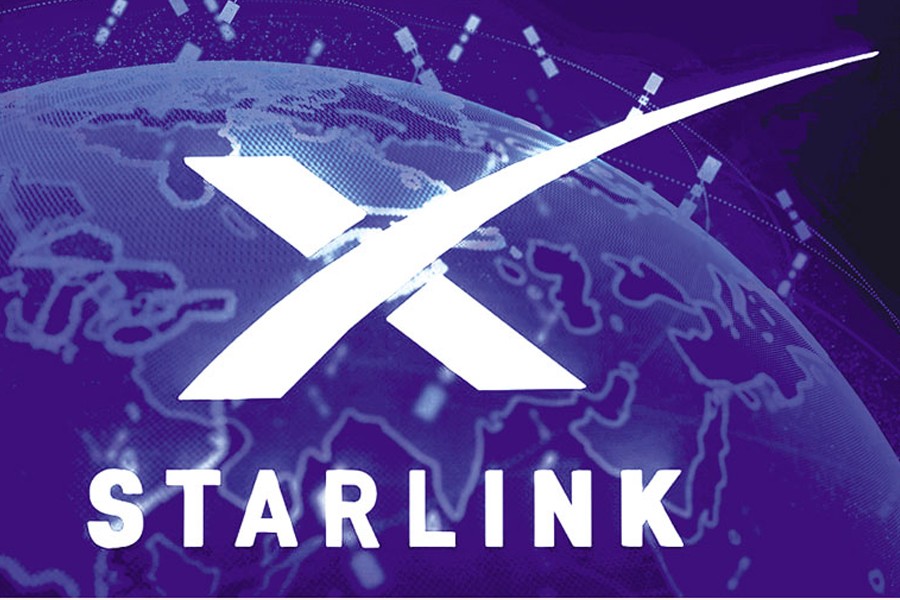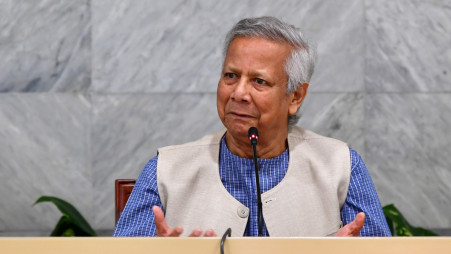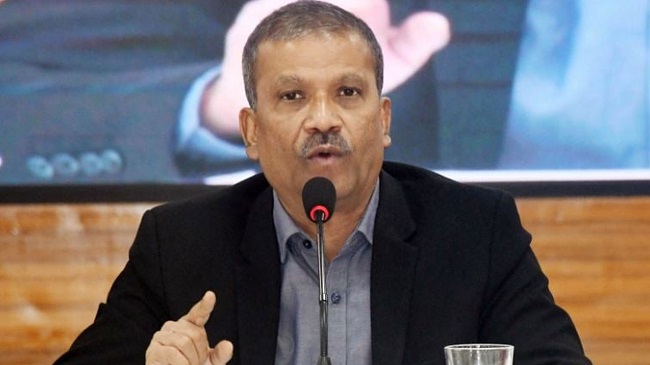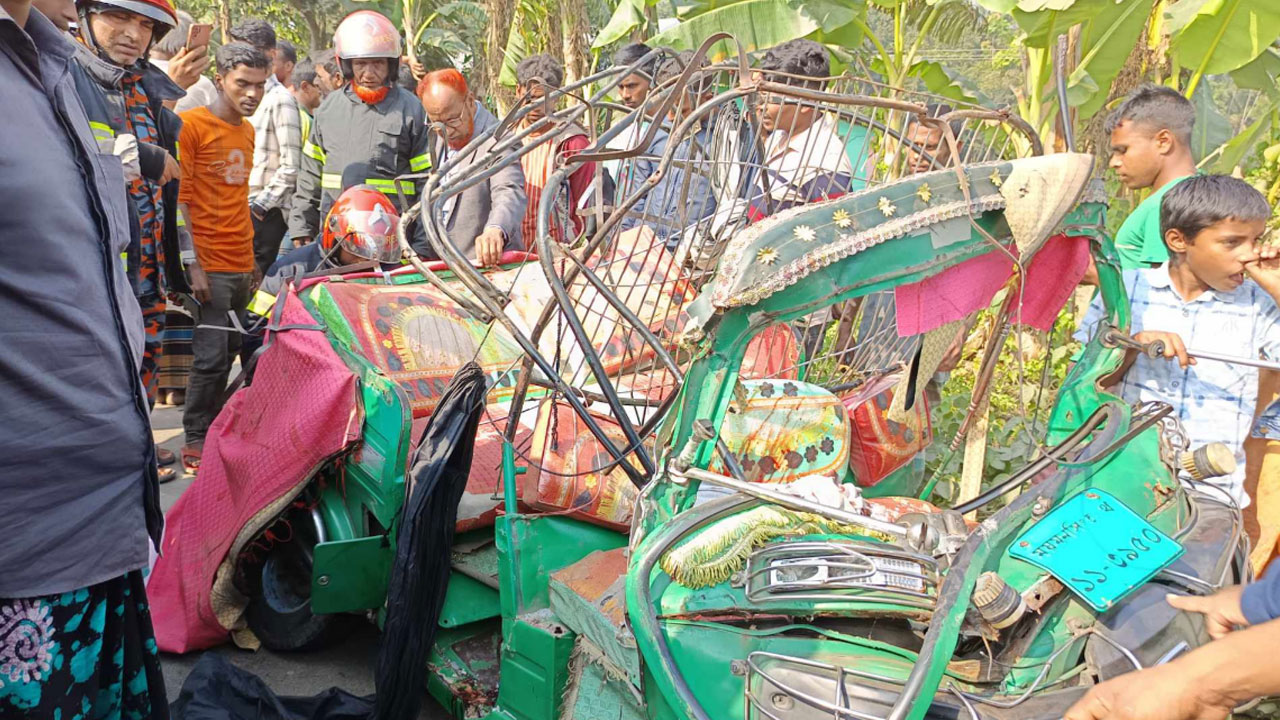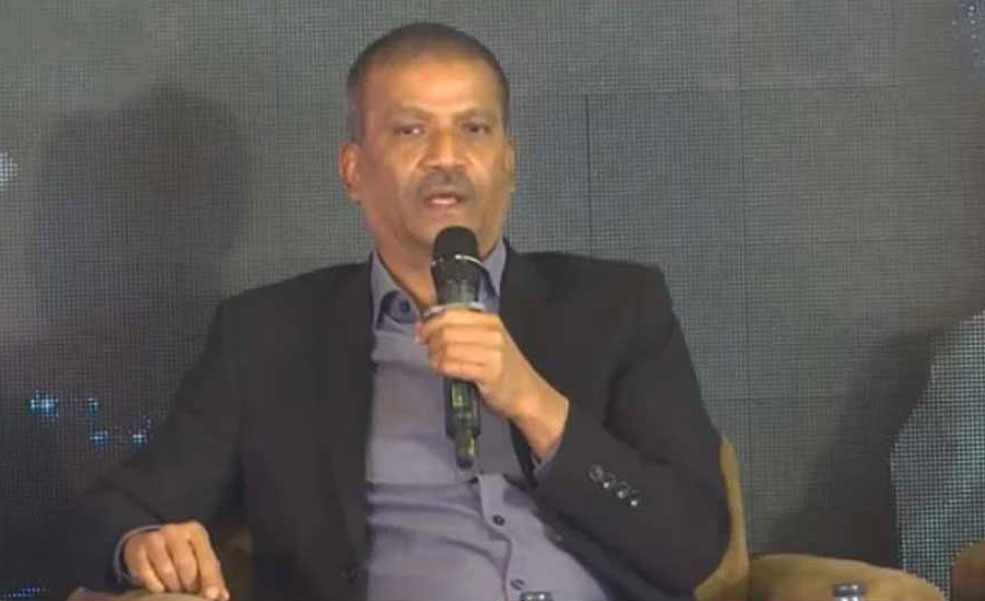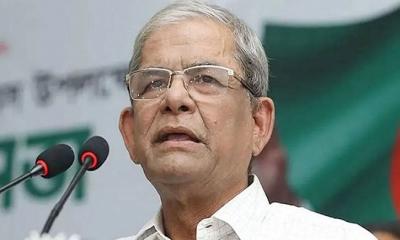In a significant move towards expanding global internet connectivity, SpaceX’s Starlink program has recently launched 24 more satellites into orbit. The new addition bolsters the satellite internet constellation, which now comprises over 5,000 active satellites in low-Earth orbit (LEO). This expansion aims to enhance internet accessibility across underserved and remote regions worldwide, including countries like Bangladesh.
The Global Impact
Starlink’s satellite internet network promises to revolutionize global internet access by providing high-speed, low-latency broadband services. For regions lacking traditional infrastructure, such as fiber-optic cables or cellular networks, satellite internet offers an efficient and rapid deployment solution. The recent launch marks another step towards fulfilling Elon Musk's vision of bridging the digital divide, empowering rural communities, and boosting economies dependent on reliable connectivity.
Benefits for Bangladesh
Bangladesh, with its rapidly growing digital economy and a significant rural population, stands to gain immensely from such advancements. Despite notable progress in digital infrastructure, the country's internet penetration remains uneven, with rural areas facing persistent connectivity challenges.
Starlink’s satellite internet service could provide Bangladesh with:
Improved Rural Connectivity: Satellite broadband can extend reliable internet services to remote areas, facilitating e-learning, telemedicine, and e-commerce opportunities for rural communities.
Disaster Resilience: Bangladesh, frequently affected by cyclones and flooding, could leverage satellite internet for uninterrupted communication during disasters, crucial for emergency response and coordination.
Economic Empowerment: Enhanced connectivity supports small and medium enterprises (SMEs), enabling them to participate in the global marketplace. This could be a significant boost for sectors like IT outsourcing and digital entrepreneurship.
Cost: The affordability of Starlink’s services, particularly the hardware and monthly subscription fees, could limit its reach among low-income households in Bangladesh.
Regulatory Barriers: The implementation of Starlink’s services in Bangladesh would require coordination with local authorities and compliance with telecommunication regulations.
Infrastructure Compatibility: Ensuring that the service integrates well with existing digital infrastructure is another hurdle.
Future Prospects
In a country striving to achieve its "Smart Bangladesh Vision 2041," collaborations with global tech giants like Starlink could play a pivotal role. Analysts suggest that public-private partnerships could help subsidize costs and integrate satellite internet into national development plans.
As Starlink continues to expand its constellation, its potential to connect the unconnected brings hope for transformative change. For Bangladesh, this could mean bridging the urban-rural digital divide and propelling the nation toward a more inclusive digital future.


